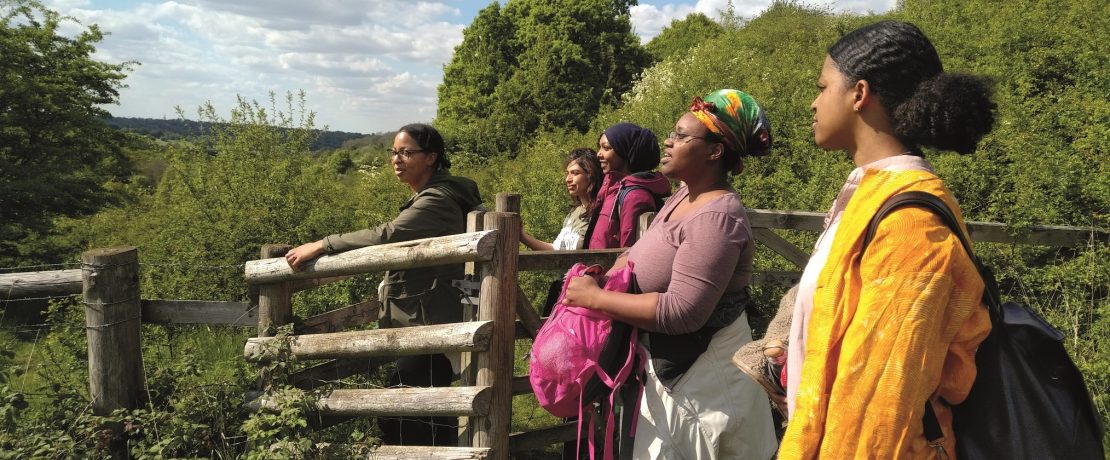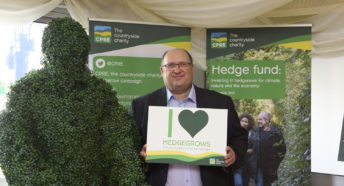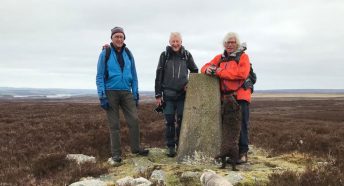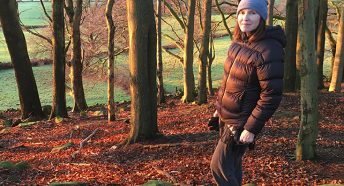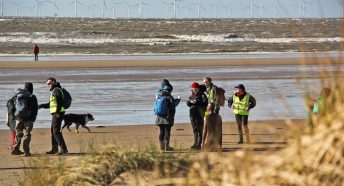Finding green in the grey: nature for wellbeing and health
Many of us notice the difference when we’ve been able to spend time in green spaces. Helping people who are disconnected from nature to explore these spaces can actively improve their health and wellbeing.
When Beth Collier moved to the city from her childhood home in rural East Anglia, she was shocked to discover how disconnected many urbanites were from the natural world and the resulting consequences for their health and wellbeing.
‘Nature is vital for our emotional health,’ says Beth, an anthropologist and nature-based psychotherapist. ‘Its capacity to reduce stress, depression and anxiety is an essential antidote to stressful and often isolated city lifestyles.

The scientific benefits of green spaces
‘Research shows that ‘greyscapes’ trigger areas of the brain associated with fear and anger, whereas ‘greenscapes’ trigger those associated with love and empathy, making a big difference to our quality of life. In fact, people who interact with green spaces most frequently have improved life expectancy and improved physical and emotional wellbeing.’
In 2013 Beth set up Wild in the City, a community that brings people together in nature to have fun, learn and feel good. The organisation provides a range of experiences for both children and adults in London and beyond – from regular guided hikes to sessions on skills such as foraging and wildlife identification.
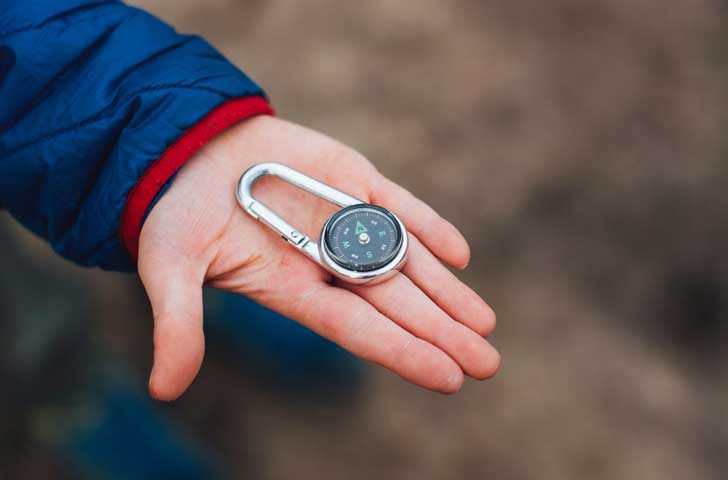
Benefits to all backgrounds
Fundamental to Wild in the City is bringing the benefits of nature to those from black and minority ethnic (BAME) backgrounds, who often spend less time in nature, due to factors such as the underrepresentation of BAME people in the environmental sector.
To counteract this, Wild in the City trains people of colour to become leaders who can then engage others with nature through, for example, leading walks or sharing woodland-living skills.
Kojo Adade took part in Wild in the City’s ‘Nature Connectors’ course: ‘Growing up in an urban environment means we’re quite detached from being in nature and in green spaces. But the course has helped me realise how much benefit nature has for my wellbeing – making me calmer and more relaxed – and I want to introduce that to people of similar backgrounds,’ he says.
Urbanites outdoors
Recognising and promoting the benefits of nature in this way is becoming increasingly urgent because, as Beth points out, by 2030 over 90% of the UK population will live in urban areas. Beth believes it will be crucial for these urban dwellers seek out the therapeutic benefits of nature – which she describes as the ‘free health service enhancing our wellbeing’.
Alongside GPs in Croydon, Wild in the City has also worked with a consortium known as the Natural Health Service, providing nature-based activities, from bushcraft to walks, to improve the wellbeing of residents, some referred by their doctor.
Alec Baird was a recent participant in a Wild in the City walk. ‘My Sunday got off to a bad start,’ he recalls. ‘I was running late and a bit grouchy, but heading into the hidden countryside behind this area of south London helped me let that go – especially when, within a few minutes of setting out, I saw a hunting kestrel hovering overhead!’
Overall, the results of the project were striking. Like Alec, most participants reported feeling less alone, less sad, less angry and less stressed – and a whole lot happier and more connected.
Jane Yettram is a freelance journalist who has written on everything from gardens and education to health and older people’s issues.
A version of this article was originally published in CPRE’s award-winning magazine, Countryside Voices. You’ll have Countryside Voices sent to your door three times a year, as well as access to other benefits including discounts on attraction visits and countryside kit from major high street stores when you join as a CPRE member. Join us now.
